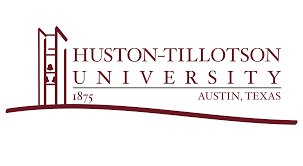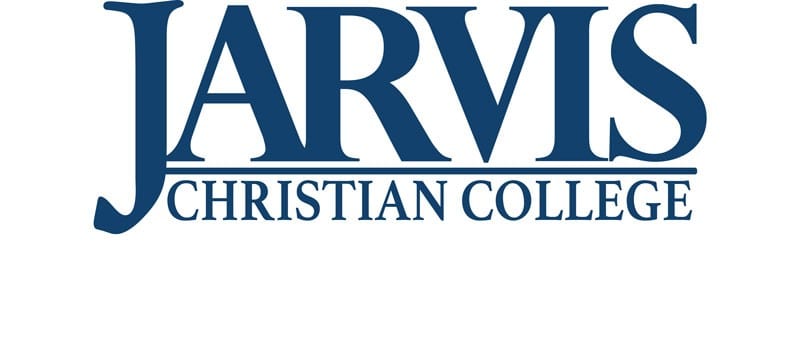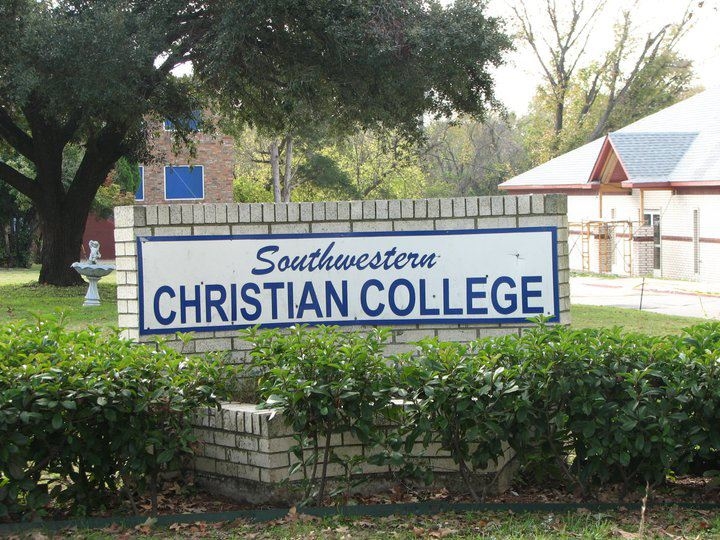



Prairie View A&M University
Second oldest public serving institution in the State of Texas
Average student population – 8,940
More than 90% of our total student enrollment are in-state residents
More than 40% of the undergraduate student population live on-campus
Diverse student population including international students
36 baccalaureate degrees, 30 master’s degree and 5 doctoral degrees
Diverse Student Population with 41 States and 43 Countries currently Represented
NCAA Division 1 and an original Southwestern Athletic Conference (SWAC) membership
International recognition for Agricultural Research, Architecture, Biology, Business, Education, Engineering, Juvenile Justice and Nursing
Money Magazine “BEST VALUE EDUCATION”
All programs are fully accredited by AACSB International – The Association to Advance Collegiate Schools of Business
Ed Smart #1 “ Top Historically Black Colleges on starting average salary and Texas schools with the highest starting salaries”

Huston-Tilloston
Huston Tillotson University provides a distance learning opti on, study abroad programs, and evening/weekend study opportunity, which is a solid option for those who work full-time. There are options for on-campus part-time employment at Huston Tillotson University, which allows students to cover some of the tuition expenses. Additionally, this school helps students to evaluate their career options and find a full-time job upon graduation.

Texas Southern
Texas Southern University (TSU) was formally established in 1947 with a mission to establish a credible college for African-American students. Today, TSU offers a variety of academic programs to students of diverse backgrounds, cultures and levels of scholastic achievement. In 1973, the state designated TSU as “a special purpose institution of higher education for urban programming.” Ascribing to the global implications of its urban mission, the University focuses on high quality teaching, research and public service as a means of preparing students for leadership roles in the urban communities of our state, nation and world. Texas Southern University (TSU) is one of the nation’s largest historically black colleges and universities (HBCUs). TSU provides a first class educational experience, offering over 120 baccalaureate, masters and doctoral degree programs in nine schools and colleges. The University has assets exceeding $250 million and currently has over 10, 800 students enrolled. Visit Texas Southern

Jarvis Christian College
Jarvis Christian College, an accredited, private, co-educational, church-related college, is located one mile east of Hawkins, Texas, and four miles west of Big Sandy, Texas, on U.S. Highway 80. It is fourteen miles from U.S. Interstate 20. Accessible Texas cities within a radius of thirty miles are Mineola, eighteen miles west; Gladewater, fifteen miles east; Tyler, twenty miles south; and Longview, twenty-five miles east. Tyler and Longview have populations of approximately 83,800 and 75,500, respectively. Both cities have daily airline service to the Dallas-Fort Worth International Airport. Shreveport, Louisiana is accessible via Interstate 20 for airline connections to all parts of the United States and foreign countries. Jarvis is free from the noise and smog of the big city and is conducive for study, but retains access to neighboring metropolitan areas. It is approximately 100 miles southeast of Dallas. The campus is situated in an attractive wooded area of about 1,000 acres, providing adequate room for future expansion. The campus proper covers approximately 243 acres. Jarvis Christian College is a historically Black institution that has been affiliated with the Christian Church (Disciples of Christ) since inception. Jarvis Christian College began as Jarvis Christian Institute, modeled after the Southern Christian Institute of Edwards, Mississippi. Formal instructional programs commenced on January 13, 1913, with an enrollment of twelve students, all in the elementary grades. The recorded history began in 1904, when the Negro Disciples of Christ in Texas, spearheaded by Mrs. Mary Alphin, State Organizer, in conjunction with the Christian Woman’s Board of Missions, began planning for a school for Black youth. Financial goals were set. The Negro Disciples of Christ in Texas were to raise $1,000 for a school; the Christian Woman’s Board of Missions would contribute $10,000 if this were done. Meanwhile, Miss Virginia Hearn, State Secretary for Women’s Work, convinced Mrs. Ida Van Zandt Jarvis of the need for a school for Black youth. In turn, Mrs. Jarvis worked to persuade her husband, Major James Jones Jarvis, to donate land upon which a school could be built. In 1910, Major and Mrs. Jarvis deeded 456 acres of land near Hawkins, Texas, to the Christian Woman’s Board of Missions on the condition that it “keep up and maintain a school for the elevation and education of the Negro race… in which school there shall be efficient religious and industrial training.” Inherent in the spirit of the donation was the idea that the land would be used to educate “head, heart, and hand” and to produce “useful citizens and earnest Christians.” Although the thrust of the educational program has changed dramatically since then, Jarvis Christian College has continued to educate “head, heart, and hand,” a challenging and ambitious purpose. Shortly after the land was donated, the Negro Disciples of Christ in Texas, largely through the efforts of the women of the churches, successfully completed the fundraising campaign.

Paul Quinn College
Paul Quinn College is a private, faith-based, four-year, liberal arts-inspired college that was founded on April 4, 1872, by a group of African Methodist Episcopal Church preachers in Austin, Texas. The school’s original purpose was to educate freed slaves and their offspring. Today, we proudly educate students of all races and socio-economic classes under the banner of our institutional ethos, WE Over Me. Our mission is to provide a quality, faith-based education that addresses the academic, social, and Christian development of students and prepares them to servant leaders and agents of change in the global marketplace. Beginning in the fall of 2015, Paul Quinn College adopted a new student financial structure called the “New Urban College Model” which, among other characteristics, reduced student tuition and fees and provides students with the ability to graduate with less than $10,000 of student loan debt. The centerpiece of the New Urban College Model is Paul Quinn’s decision to become the country’s only urban Work College. There are currently eight work colleges in the nation. Paul Quinn is the ninth federally funded work college in the United States, the first Minority Serving Institution (“MSI”) in the Work College Consortium, and the first work college in Texas. The vision of the Paul Quinn College Work Program is to transform ability into action and potential into achievement by encouraging all students to embrace the ideals of disciplined work, servant leadership, and initiative in preparation for lives of financial freedom, community engagement, and outstanding character

Wiley College
Wiley College, founded in 1873 in Marshall, Texas, is a historically black, primarily liberal arts, residential, co-educational, baccalaureate degree-granting institution affiliated with The United Methodist Church. Committed to the principle of educational access, the College serves traditional and non-traditional students from diverse backgrounds who have expressed a desire and potential for learning in a Christian environment. The College, in fulfilling its basic purpose of providing a liberal arts education with a global focus, endeavors to provide an intellectually stimulating environment, promoting student competencies in communication as well as critical and analytical thinking. The College also supports spiritual, ethical, moral, and leadership development. To achieve these superordinate goals, the College promotes an atmosphere of academic freedom and employs a faculty committed to excellence and innovation in teaching, advising, and scholarship. The faculty provides a rigorous curriculum for preparing graduates for professional or graduate studies and/or productive careers in traditional and emerging career fields. Wiley College is committed to shared governance and exemplary stewardship of its resources. The College employs innovative techniques and strategic planning in all its administrative processes, using cutting-edge technology in the delivery of services to its clientele. Acknowledging its covenant relationship with The United Methodist Church, the College affirms the ideal of social responsibility and seeks to contribute to the welfare and revitalization of its community.

Southwestern Christian College
Southwestern Christian College, founded and sponsored by members of Churches of Christ, is accredited as a four-year (level II), educational college (limited to Bachelor's degree in Bible and Religious Education), with a two-year associate program in the liberal arts. Its purpose is to: offer a holistic educational program that will motivate the student to value and achieve academic excellence within the context of commitment to moral and spiritual values; to assist students in making their transitions from high school to higher education on various levels; to assist students in preparation for varied vocations in life; to prepare future leaders for their distinct communities and the world at large.